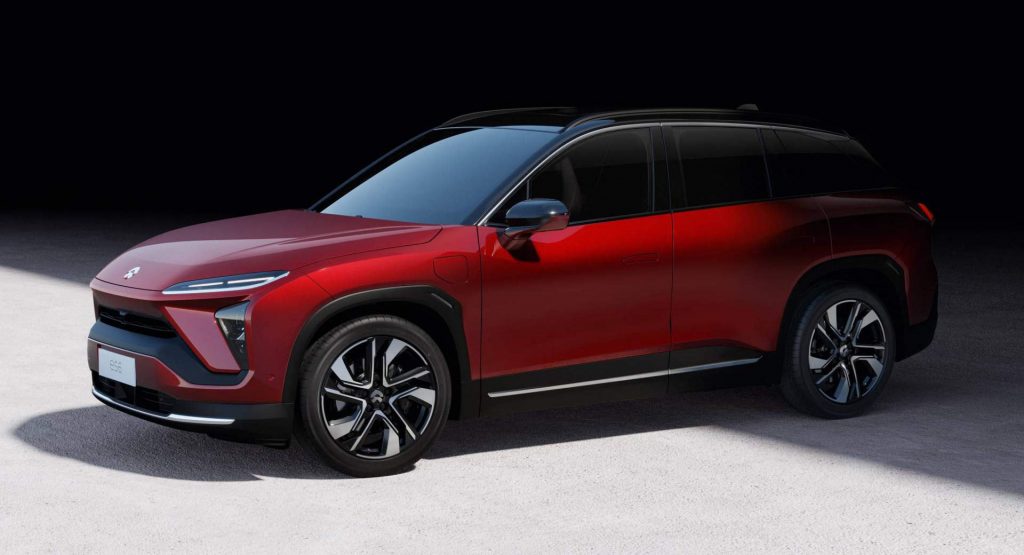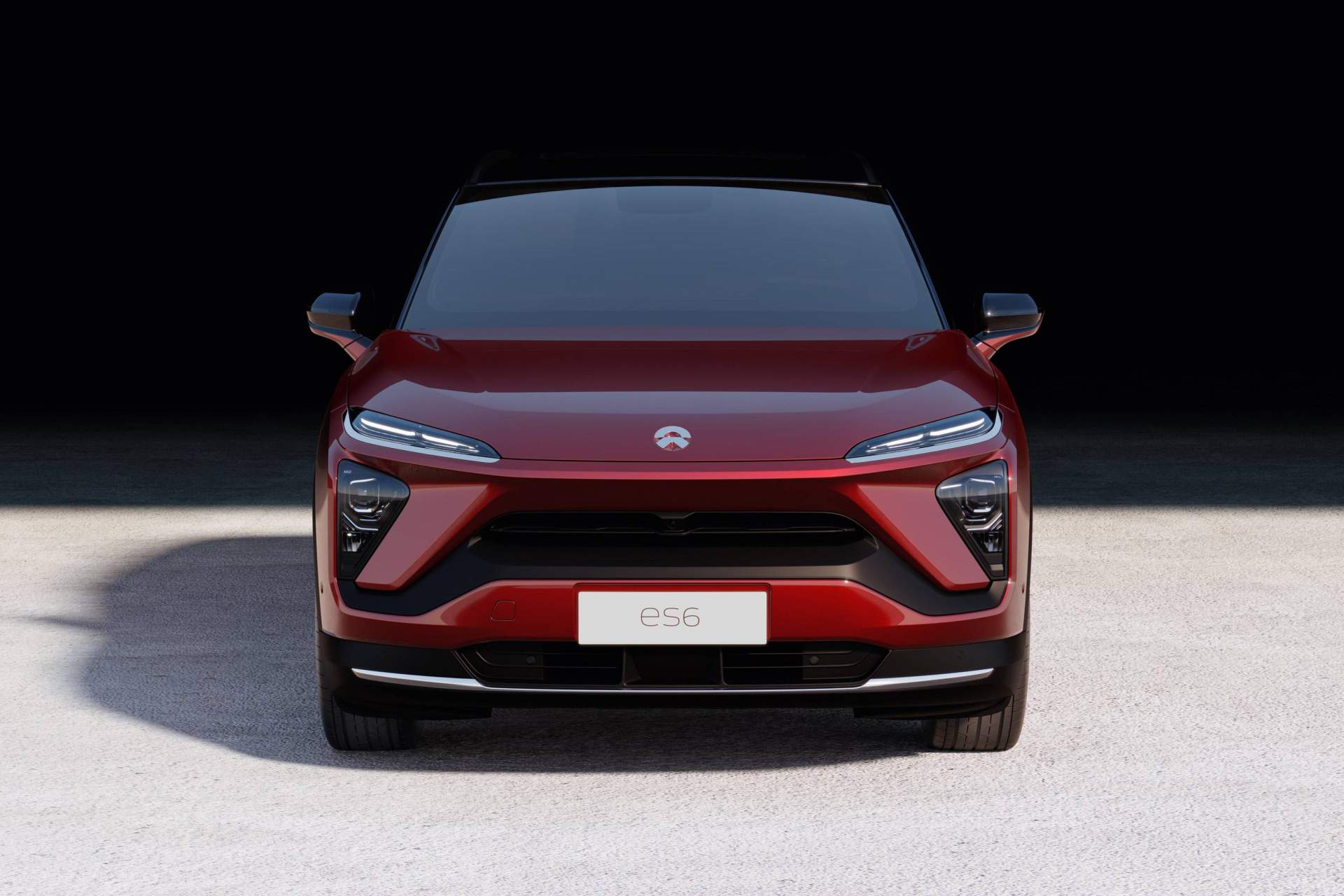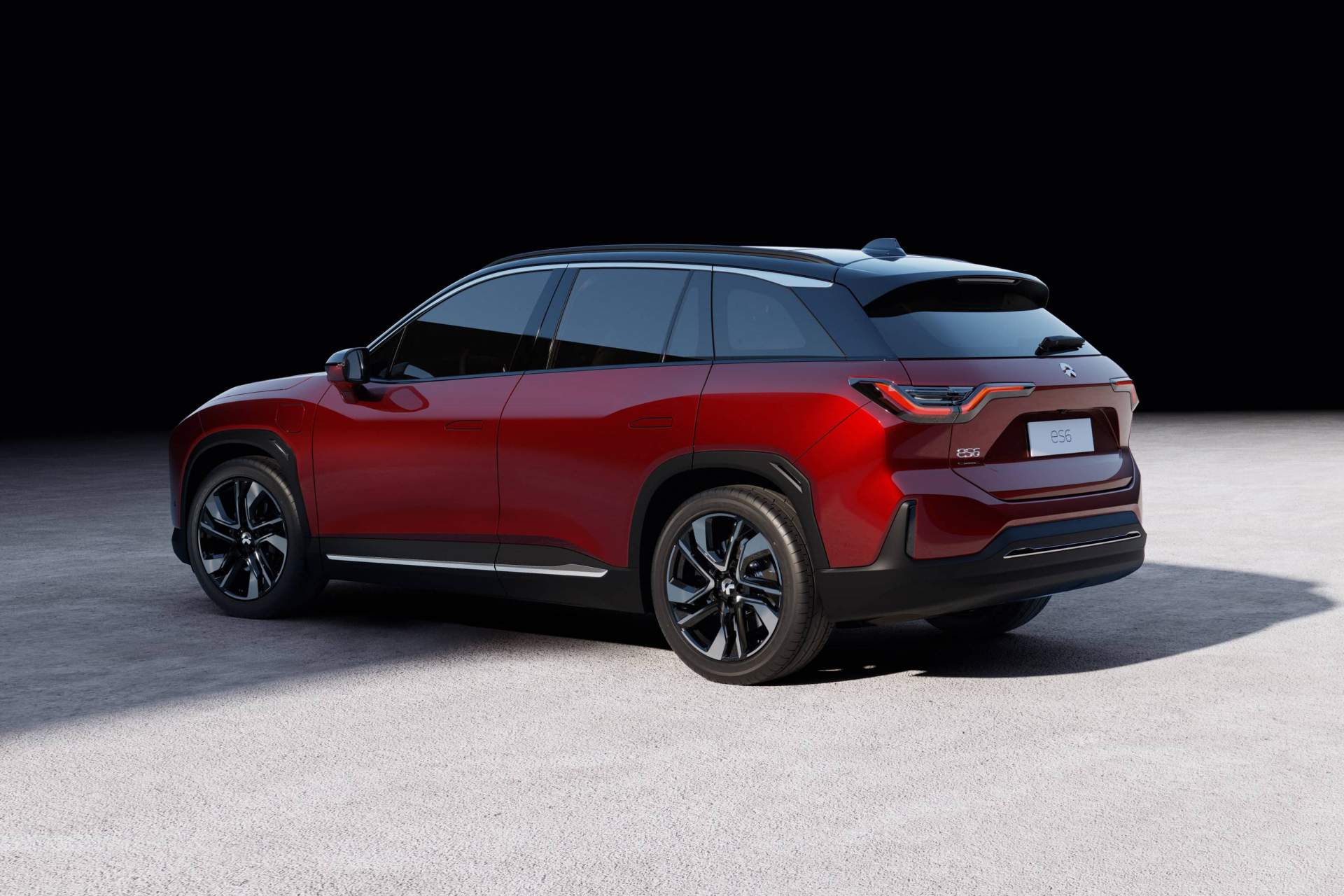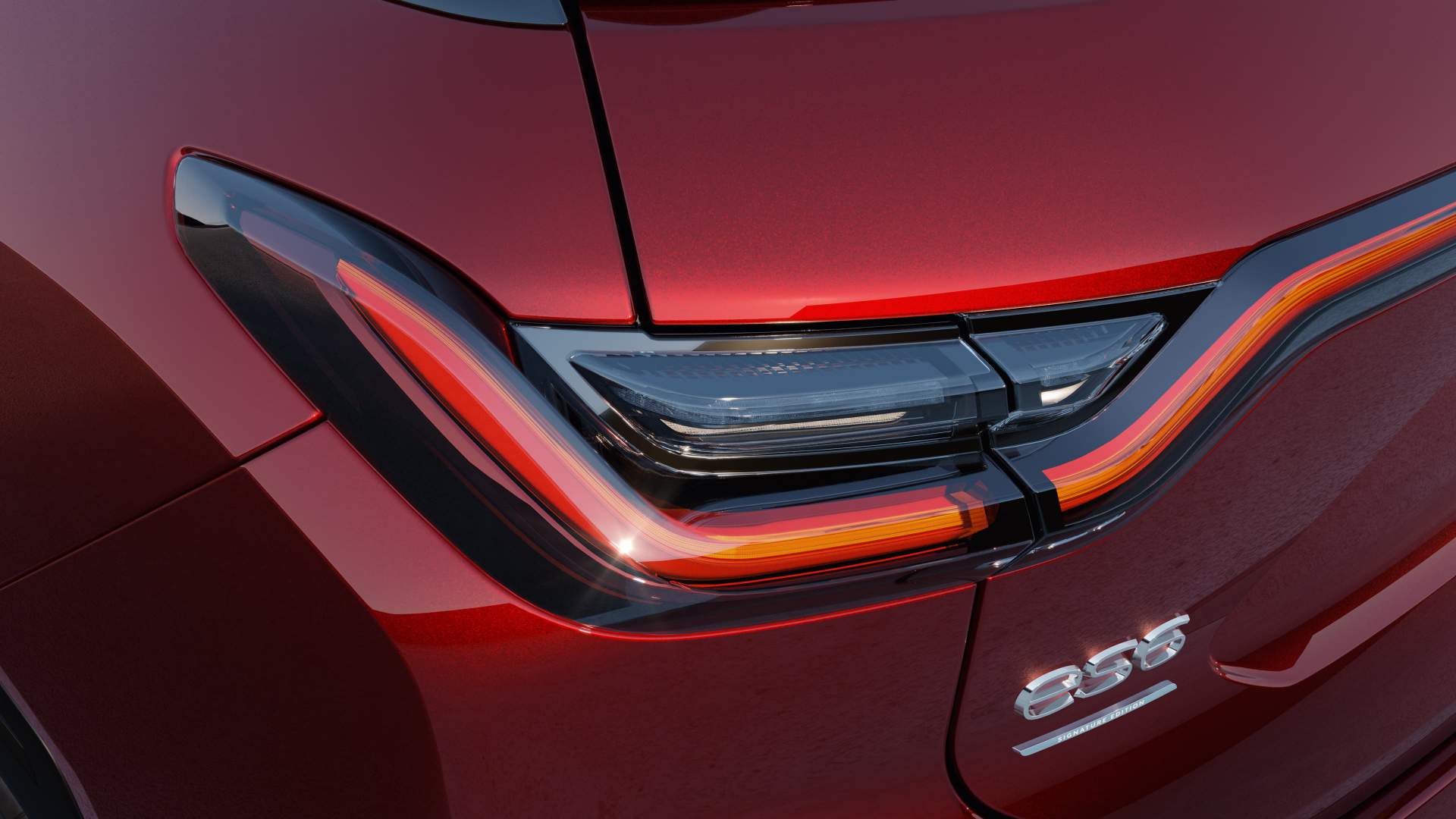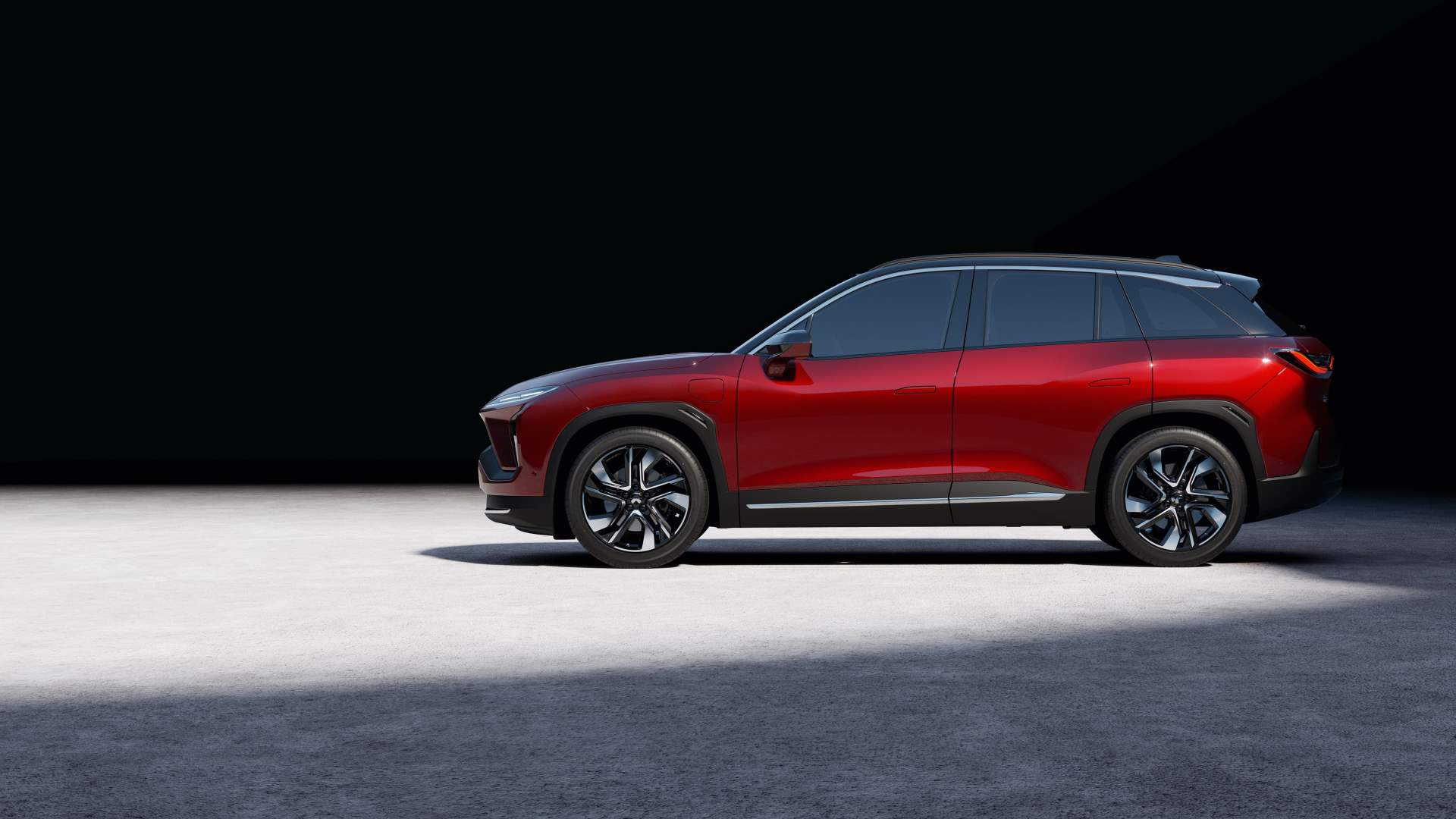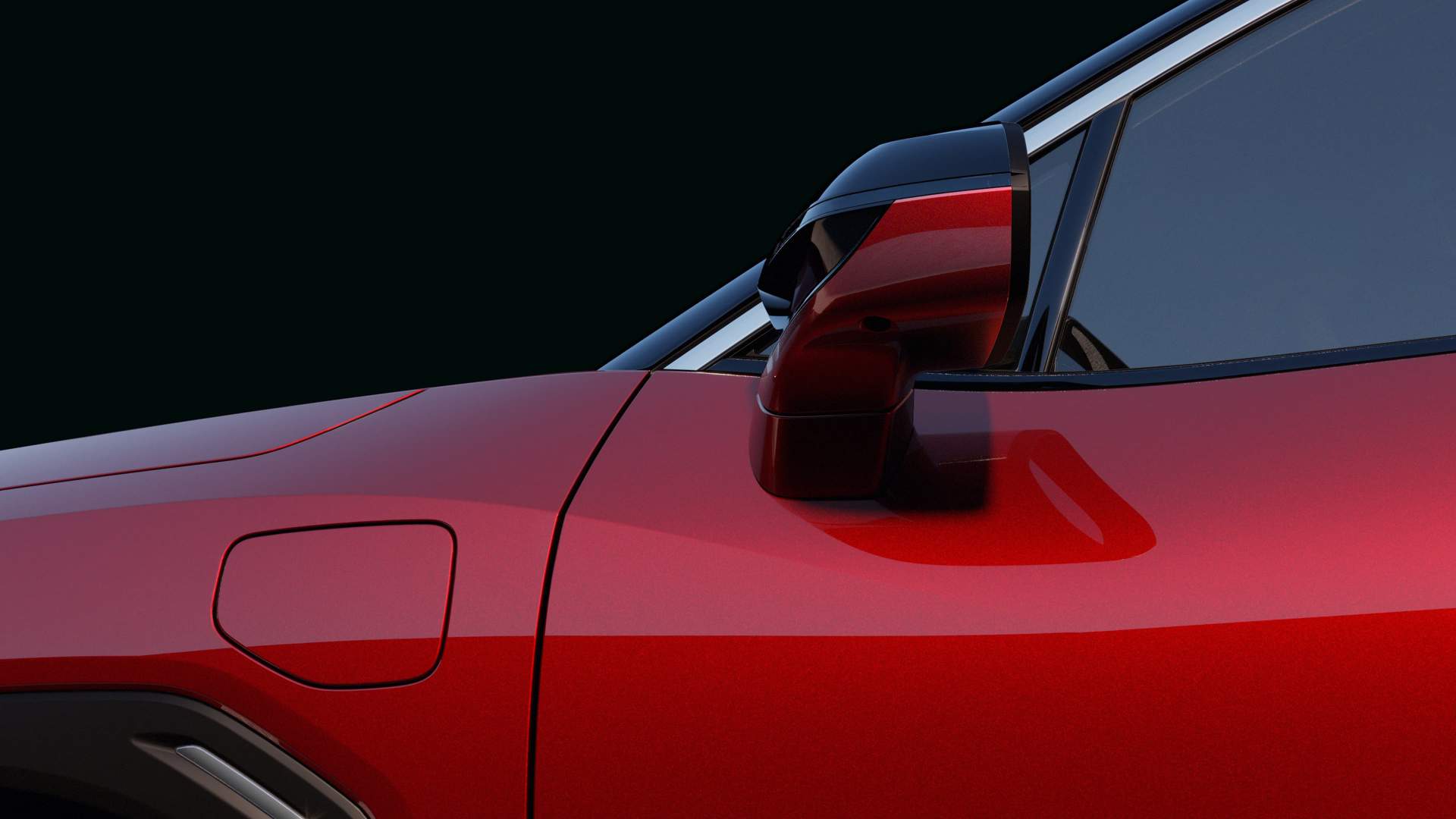China is set to reduce its generous subsidies on electric vehicles in a bid to help encourage innovation across the industry.
Bloomberg reports that all-electric vehicles with a driving range of 400 km (250 miles) and above will have their subsidies cut by 50 per cent to 25,000 yuan ($3700). Additionally, electric vehicles produced in China must now have a range of at least 250 km (155 miles) to qualify for any subsidy, up from the 150 km (93 miles) previously required.
The Chinese government has previously indicated that it will phase out new-energy vehicle subsidies completely after 2020 due to growing concerns that car manufacturers have become overly reliant on them. It is hoped that by phasing out subsidies for vehicles with low range figures, companies will be forced to develop more innovative electric vehicles to qualify for subsidies.
Not only will the country’s finance ministry reduce the subsidies it offers, but it has also urged local governments across the nation to remove subsidies on purchases of electric vehicles. If local governments do that, the total reduction on subsidies of EVs with at least 400 km of range will be a considerable 67 per cent!
Obviously, this will hurt manufacturers who’ve racked up significant sales thanks to such subsidies, like Nio.
“While the incumbent OEMs will see some earnings damage, we consider Nio the most vulnerable of all,” Bernstein analyst Robin Zhu said.
“Despite struggling for demand, the company recently indicated it won’t reduce prices to offset lower EV subsidies. Today’s subsidy cuts mean Nio’s cars just got meaningfully more expensive for consumers.”







